17 Appliances That Are Driving Your Energy Bill Through the Roof This Winter
Winter energy bills can be a shock, but by keeping an eye on these appliances and making small adjustments, you can keep your energy usage—and your costs—down. Be mindful of when and how often you use these appliances to save money while staying warm and comfortable.
Space Heaters
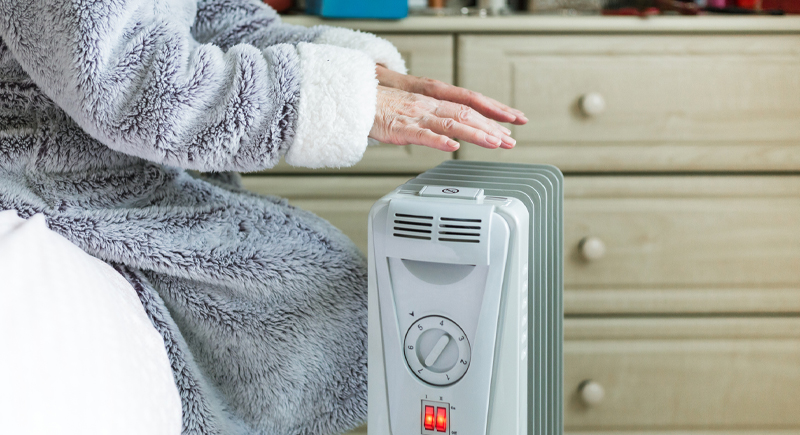
Credit: iStockphoto
While space heaters can make your room cozy, they use a lot of energy to do so. Running them for long periods can cause your energy bill to skyrocket. To save energy, try using them only when necessary and supplementing with blankets or warm clothing.
Electric Water Heater
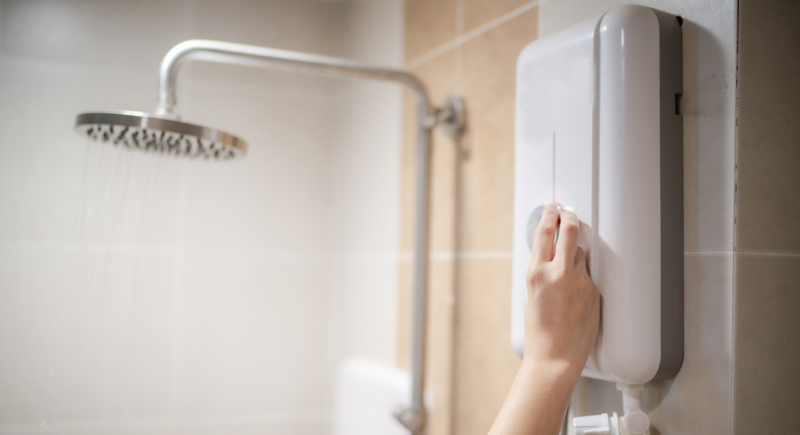
Credit: iStockphoto
Water heaters are essential in the winter, but they also consume a lot of energy. Keeping the temperature set too high can make matters worse. Set your water heater to 120°F to prevent it from working overtime, and consider insulating your water pipes to minimize heat loss.
Washing Machine
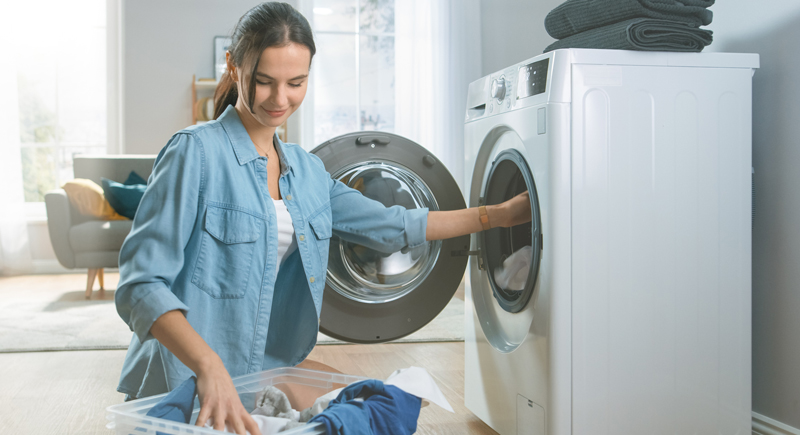
Credit: iStockphoto
Washing machines can be one of the largest energy consumers in your home, particularly when used with hot water. Heating water accounts for a significant portion of the energy used during a wash cycle. If you’re looking to further reduce consumption, consider upgrading to a high-efficiency (HE) washing machine, which uses less water and energy.
Dryers
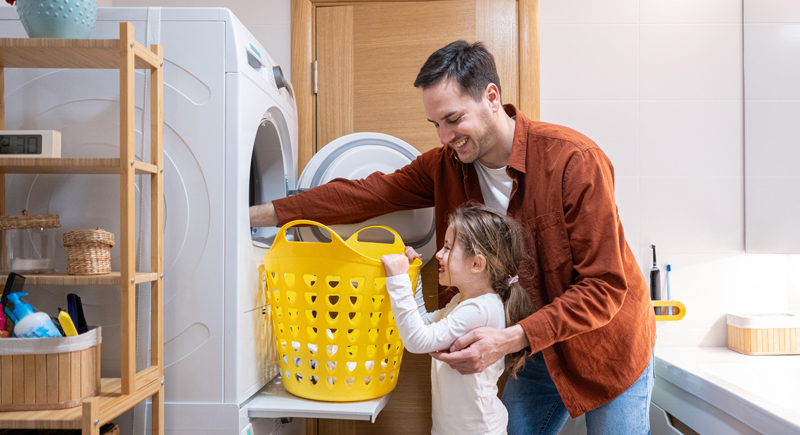
Credit: iStockphoto
Clothes dryers are another big energy hog, particularly in winter when the air is too cold to air dry clothes. To reduce your energy consumption, try air-drying some items, or clean the lint filter regularly to ensure maximum efficiency.
Refrigerators
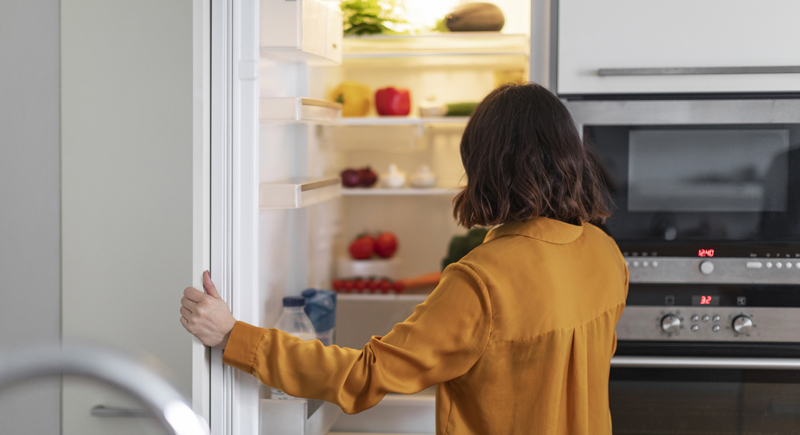
Credit: iStockphoto
Your refrigerator runs constantly, keeping your food cool, and during winter, it may work even harder. Ensure your fridge is set to the right temperature (between 35°F and 38°F), and avoid leaving the door open too long. Make sure the seals are tight, and the coils are clean for better efficiency.
Dishwasher
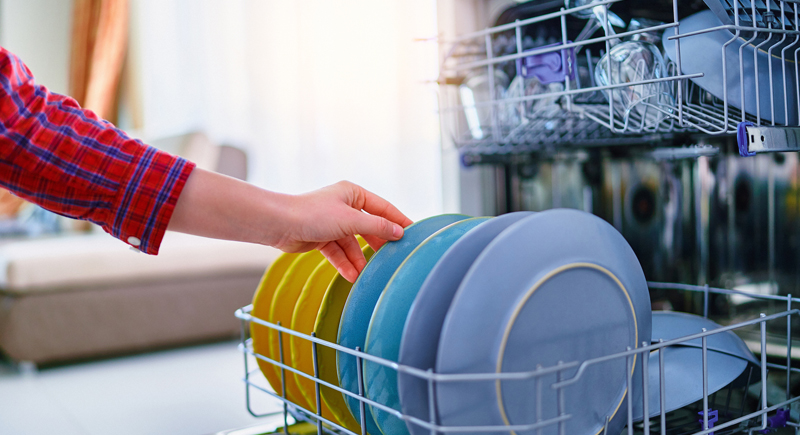
Credit: iStockphoto
Using the dishwasher in winter can increase your energy bill, especially when running it with hot water. To reduce energy use, run the dishwasher during off-peak hours, and opt for air drying instead of using the heated drying cycle.
Lighting
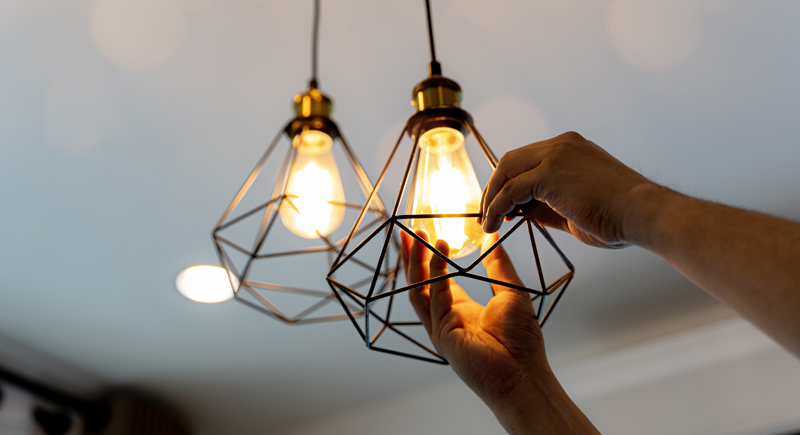
Credit: iStockphoto
With the days shorter in winter, lighting becomes a bigger part of your daily energy usage. Switch to energy-efficient LED bulbs, and make sure to turn off lights when not in use. Even small adjustments can make a big difference over time.
Electric Stoves and Ovens
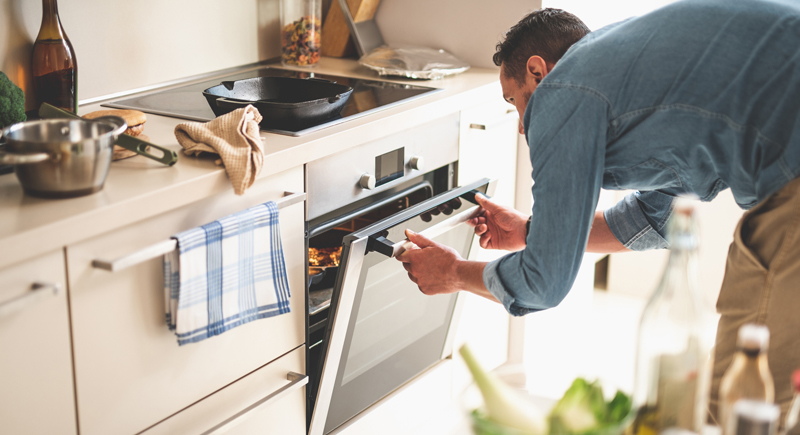
Credit: iStockphoto
Cooking can be one of the biggest energy drains in your home, especially during the holidays. If possible, use a microwave or slow cooker instead of the stove or oven. And when you do use your stove, try cooking multiple meals at once to make the most of the energy you’re using.
Central Heating System
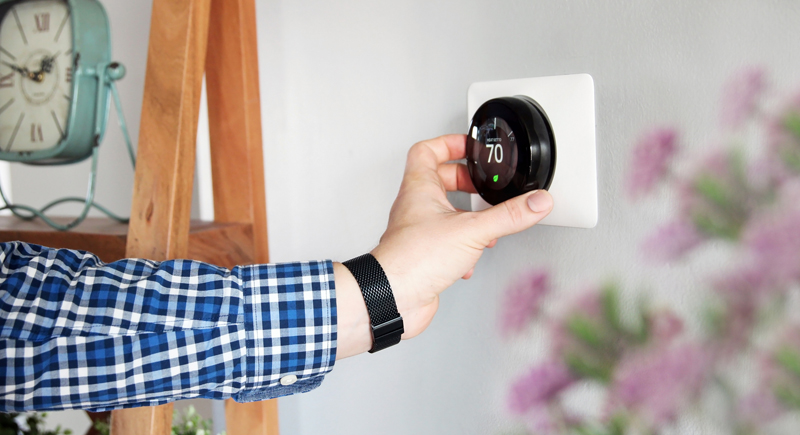
Credit: iStockphoto
Your central heating system works overtime in winter, pushing your energy consumption up significantly. To keep costs in check, set your thermostat lower when you’re not home or at night. Also, consider investing in a programmable thermostat to maintain a more efficient heating schedule.
Humidifiers

Credit: iStockphoto
While humidifiers help keep the air comfortable during dry winter months, they can increase energy use. Try running your humidifier only when necessary and using a smaller, more efficient model. Be sure to clean it regularly to prevent it from working harder than needed.
Air Purifiers

Credit: iStockphoto
Air purifiers run constantly to keep indoor air fresh, but they draw power to do so. Use your air purifier only when needed and look for an energy-efficient model with a high Clean Air Delivery Rate (CADR) to minimize power consumption.
Portable Air Conditioners (if using during the winter)
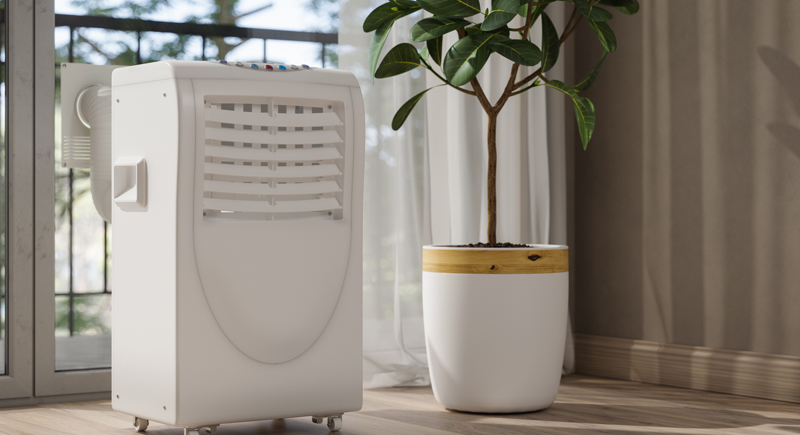
Credit: iStockphoto
Some people continue using portable air conditioners to regulate indoor temperature in winter, especially if their homes have poor insulation. These units can consume a surprising amount of energy. If you don’t need to use them, store them away until warmer months.
Electric Fireplaces
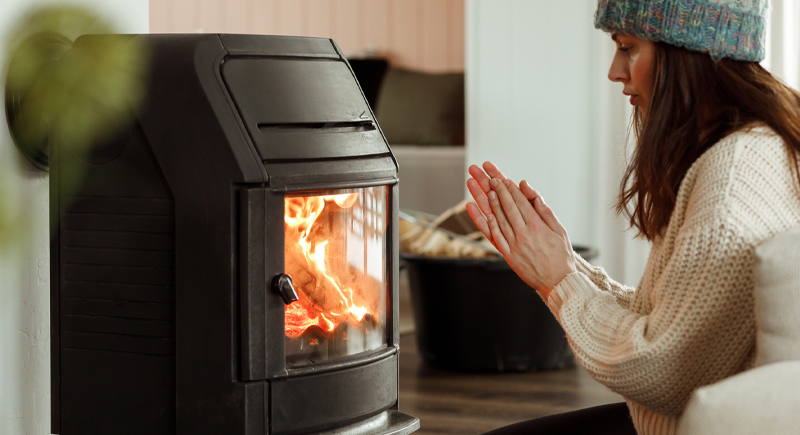
Credit: iStockphoto
Electric fireplaces can add ambiance, but they also add to your energy bill. While they use less energy than a traditional fireplace, they still consume power. To minimize costs, use them only for short periods and supplement with blankets or warm clothing.
TVs and Entertainment Systems

Credit: iStockphoto
With more people spending time indoors during the colder months, your TV and entertainment systems can be a major drain on your energy. Turn off the TV when you’re not watching, and consider investing in an energy-efficient LED or smart TV model to reduce electricity usage.
Electric Blankets
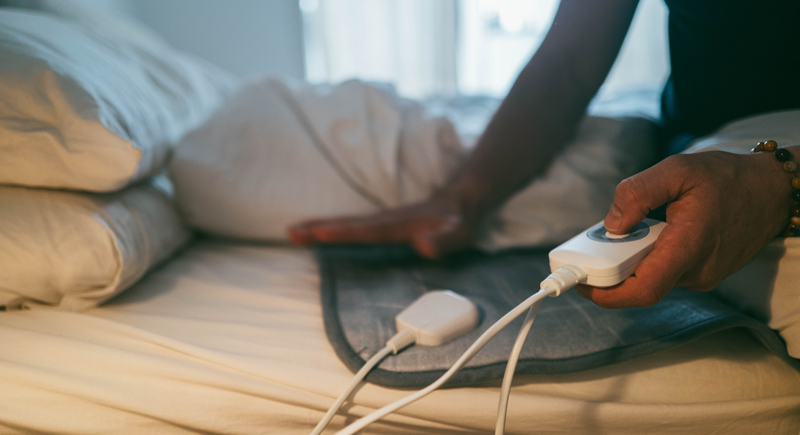
Credit: iStockphoto
Electric blankets keep you warm, but they also use electricity. Although they’re typically less energy-intensive than space heaters, it’s still a good idea to use them sparingly. Think about switching to non-electric options like heated mattress pads or extra layers of blankets when possible.
Smart Thermostats and Timers
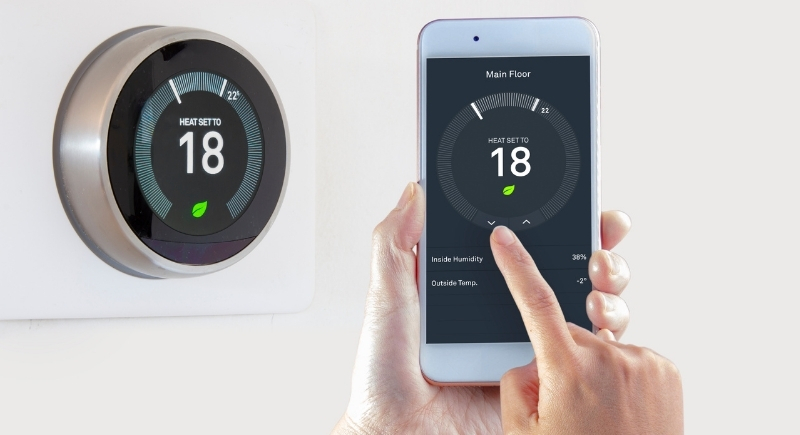
Credit: Getty Images
Smart thermostats and timers may seem like a great way to save energy, but they can drive up your bill if not used wisely. Set them to adjust only when you’re home, and ensure your heating schedules align with your actual routine to prevent unnecessary heat usage while you’re away.
Holiday Decorations and String Lights
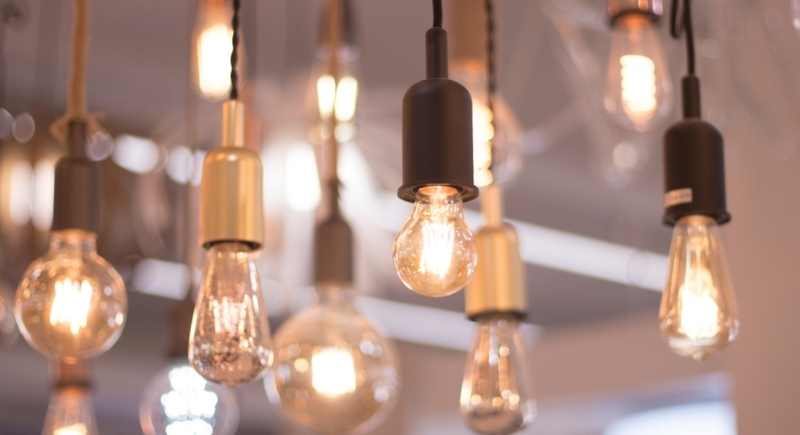
Credit: Canva
Holiday lights bring festive cheer, but they can be a serious drain on your energy bill. Keep an eye on how long you leave them on and consider switching to LED lights, which use less energy and last longer, offering a more budget-friendly way to light up your home.